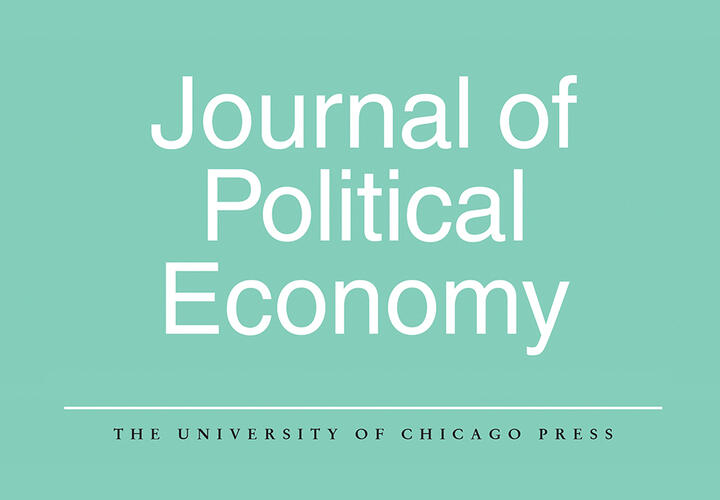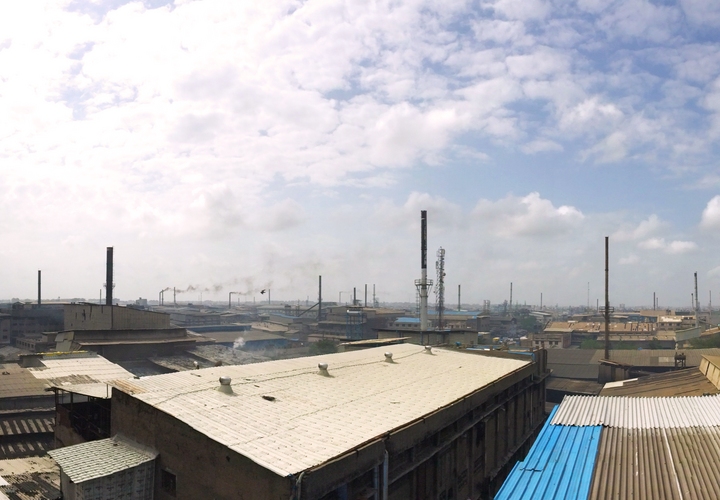How does the structure & functioning of markets affect firm dynamics & individual welfare?
The Markets & Development initiative blends methods from industrial organization, trade & development economics for a deeper understanding of markets in lower-income countries.
Some of the most important policy issues facing low- and middle-income countries relate to how the structure and functioning of markets–including agricultural, educational, energy, financial, and manufacturing markets–shape firm growth and, more broadly, economic development. A large body of research has shown that market failures and poor public services hinder firm productivity. In addition, political interference, regulation, and corruption may further circumscribe firms in ways that are different across low and high-income contexts.
EGC’s Markets and Development initiative brings together methods and questions from the fields of industrial organization, trade, and development economics to produce a deep understanding of markets in lower-income countries that can be tied to micro-empirical evidence and local institutions. By spurring collaboration from across these areas, this initiative aims to research five main areas central to issues related to firms, markets, and the institutions that support them in developing countries:
Firm size and productivity
Firms in low- and middle-income countries tend to be small and inefficient: many firms are born, never grow, and – in contrast to advanced economies – rarely exit. What are the distortions underlying these patterns? EGC affiliates have examined various factors affecting firm size and growth, including the impact of government-subsidized inputs, such as water or fertilizer, on productivity in the agricultural sector.
Market structure, contracting, and trade
Work in development, often combining detailed data with industrial organization-based models, has provided a useful empirical grounding for what obstacles to trade and market integration are most important for low- and middle-income countries. EGC affiliates, for example, have employed experimental methods to evaluate competition models of rural agricultural markets. These issues also interact with EGC affiliates’ broader research agenda on international trade.
Energy markets
Energy markets are prone to monopoly and produce large external costs through pollution. How should governments regulate such markets, particularly in countries with weak state capacity? EGC researchers are examining the role of government procurement in energy markets, the impacts of expanding energy access in lower-income contexts, how firms respond to environmental regulation, as well as how market-based regulations or distributed monitoring such as emissions trading programs might reduce the cost of regulation for firms.
Markets for financial services
Economists’ tools within the field of industrial organization are ideal for exploring questions of market design in financial services. For instance, existing work has suggested the profound consequences of the first wave of the mobile phone and 3G revolutions for LMICs, including their gendered employment effects. Yet we know less about the implications for a second wave of deeper mobile-based markets for goods, services, and market integration, including financial inclusion. In another example from the banking system, policymakers often use regulation to influence bank branch entry, but evidence examining the impacts of this regulation on market-level outcomes is nascent.
Industrial policy
We are witnessing a new era of industrial policy that includes the use of tariffs, subsidies, and export bans to influence market activity. How effective are these policies in the countries that implement them? How do they affect countries that are directly targeted, such as the US and China? How are “bystander” countries affected, such as Vietnam and Cambodia? EGC researchers are investigating these questions empirically by studying the complex impacts of the US-China trade war and ensuing global reallocations and examining industrial policy in the global semiconductor market.





























